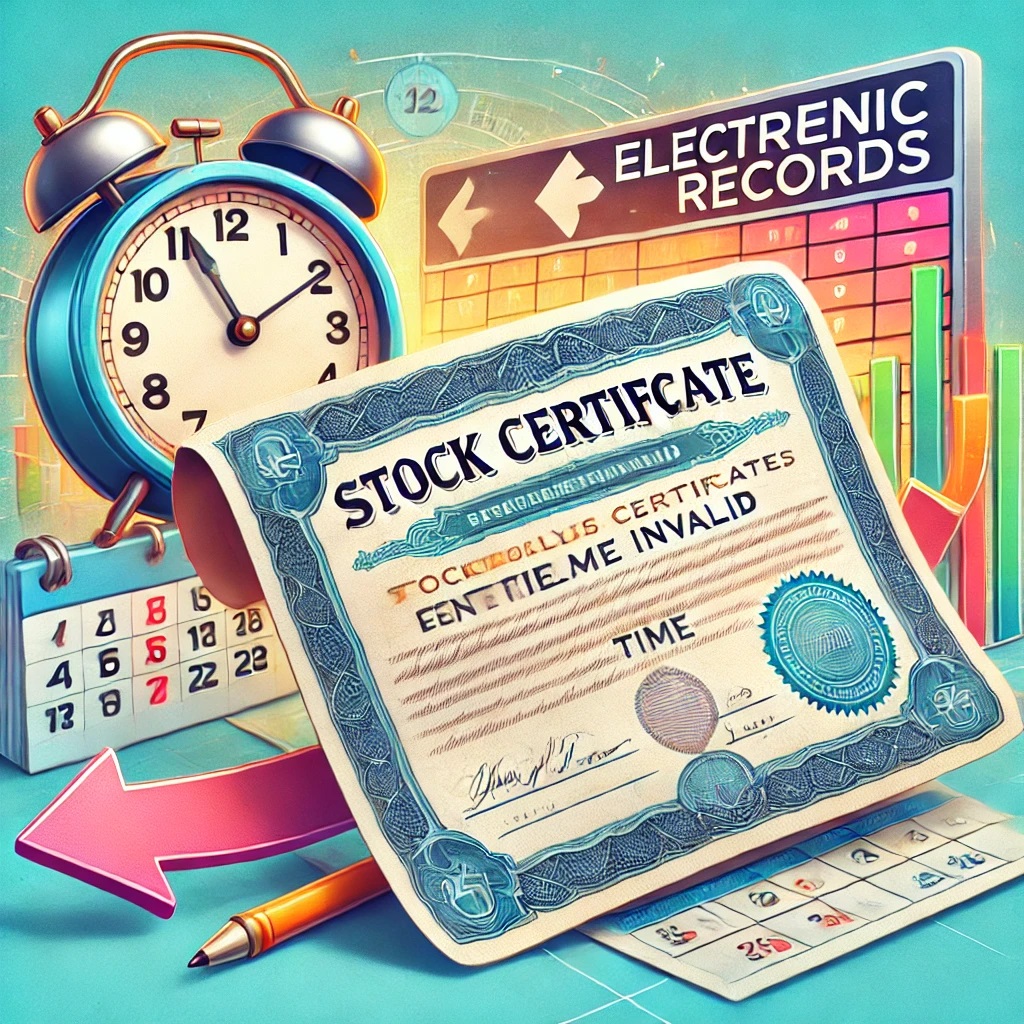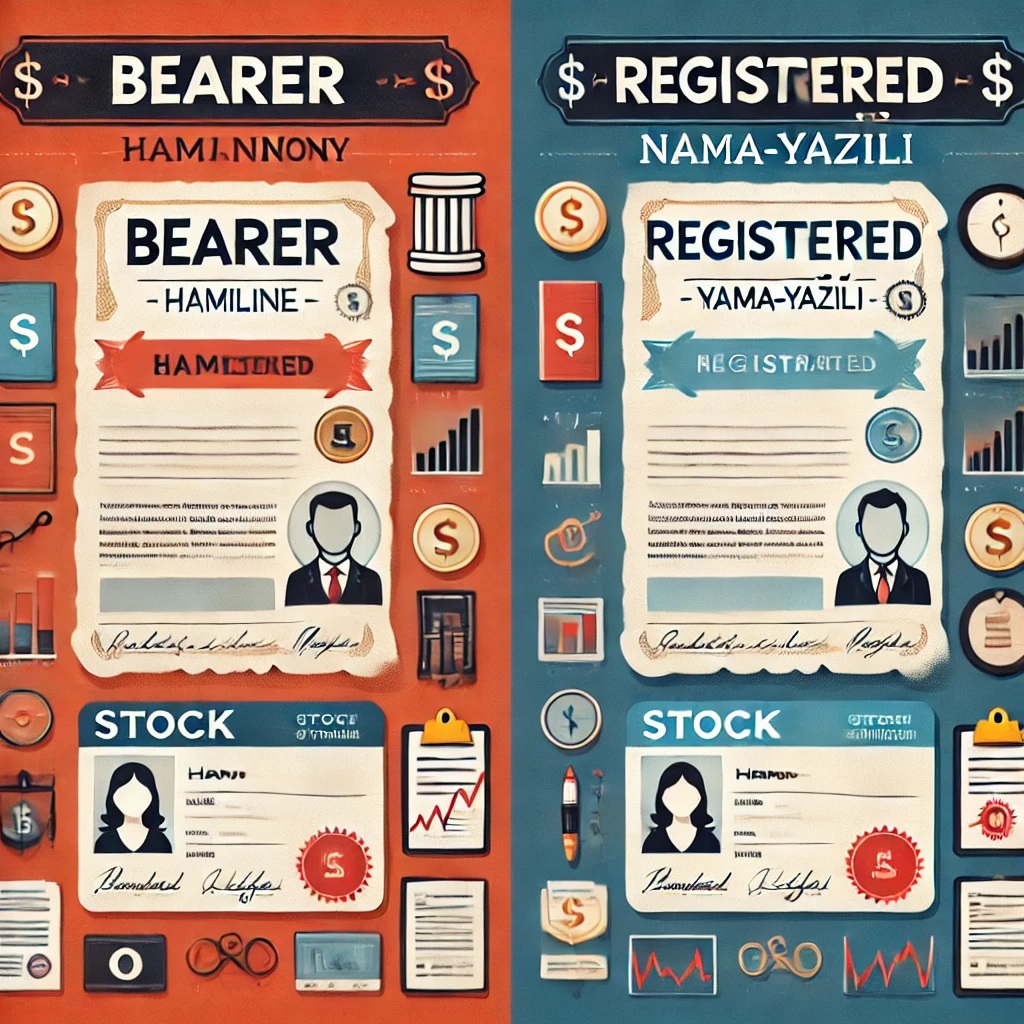What is TradeStation?
TradeStation is a well-known online brokerage and trading platform that provides tools for active traders and investors, specializing in stocks, options, futures, and forex trading.
When did it start operations?
TradeStation was founded in 1982.
Where is its headquarters?
The company is headquartered in Plantation, Florida, United States.
In which countries is it banned?
TradeStation primarily operates in the United States and may have restrictions in some international markets, particularly those with strict regulatory requirements.
Pros and Cons
Advantages:
- Advanced trading tools and analysis features.
- User-friendly platform for both beginners and experienced traders.
- No commission on stock and ETF trades.
- Extensive educational resources and market research.
Disadvantages:
- Monthly fees for some account types, especially for low-volume traders.
- Complex interface may be overwhelming for beginners.
- Limited customer support hours.
Trading Instruments
What instruments can I trade?
You can trade various instruments, including:
- Stocks
- Options
- Futures
- Forex
- ETFs (Exchange-Traded Funds)
Fees
What are the trading fees?
TradeStation offers commission-free trading for stocks and ETFs, while options trades are typically charged at $0.60 per contract. Futures trading fees vary based on the contract type.
Scalping
Does it allow scalping?
Yes, TradeStation allows scalping strategies on its trading platform.
Trading Platform
Is there a trading platform?
Yes, TradeStation provides its own proprietary trading platform, which includes advanced charting tools and technical analysis features.
Margin Trading
Is there leveraged or margin trading?
Yes, TradeStation offers margin trading, allowing traders to utilize leverage. Specific leverage ratios depend on the asset class and account type, typically ranging from 1:2 to 1:4 for stocks and higher for options and futures.







